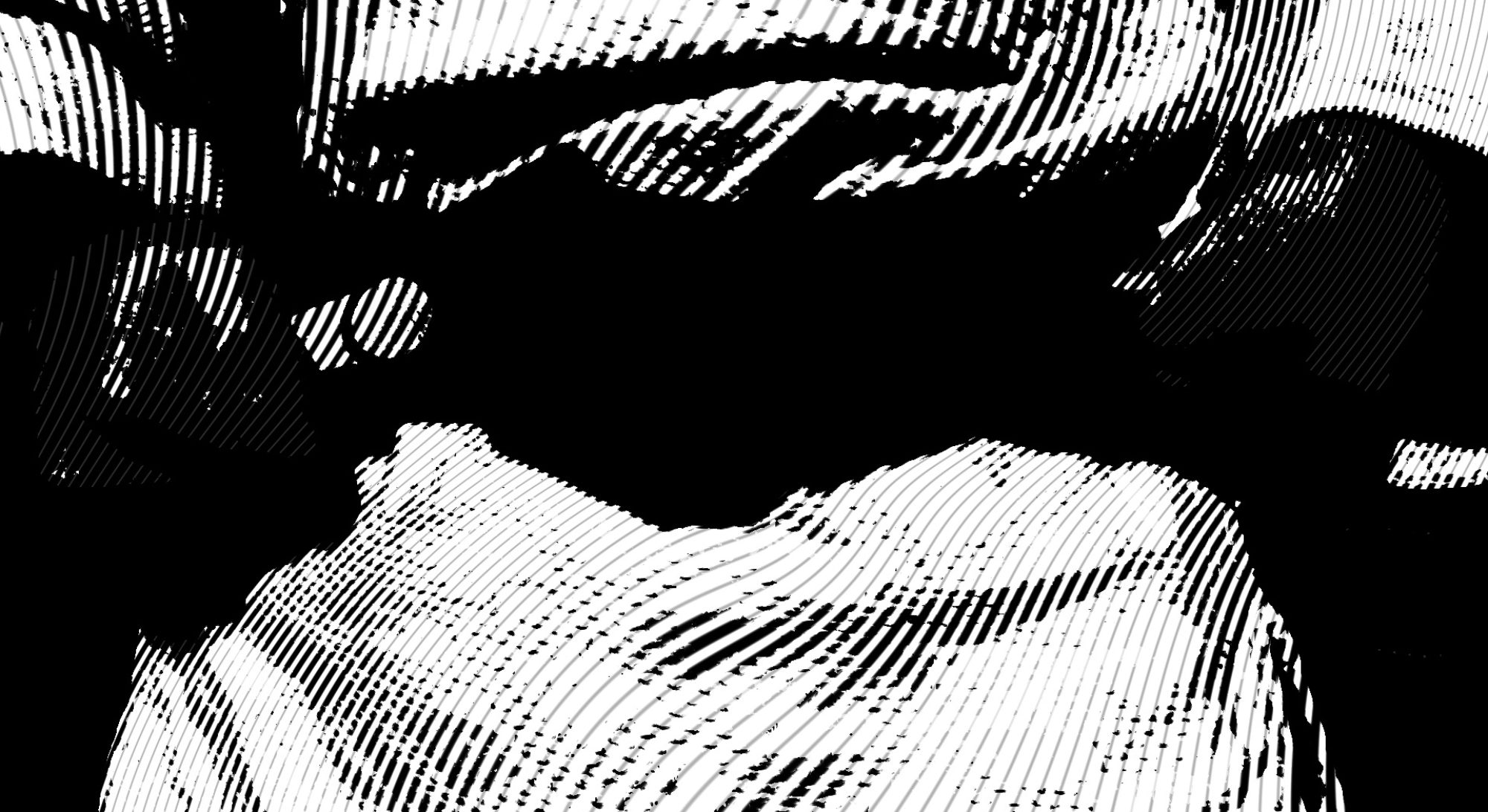The process of thinking up a question, checking there is a purpose and audience for the answer to the question, developing a set of questions to gather information about the topic without unconscious bias the communicating and receiving answers to the question has showed me a few new things. Both things I learned and things that should be done differently to how I did them.
Firstly i learned about the amount of unconscious bias that goes into questions and the way peoples answers can be greatly shifted to align what the question is suggesting by subconsciously dissuading answers that go against the question. Eg: in what way does x mean y ? this question leaves no real way for someone to explain that in-fact they don’t think x means y and makes it very hard for this opinion to be analysed, you are not really asking a question you are finding out why people agree with you.
Secondly I learned that you need to be willing for your preconceived ideas to be totally wrong about the topic you are investigating and that the final conclusion/question raised by the research you do may not fit into a category you initially thought. Eg: you think you will find out yes this is good or no it is bad but really in fact you find out that for certain groups of people they greatly benefit but others it is a detriment to them, so your answer is both yes and no and not a definitive conclusion you thought you would achieve about your topic.
Lastly the main thing I think I would do differently if I were to do this project again is be willing to included all the questions that seem in any way connected to the research topic that we may not have found a direct link to our question. Such as the gender question we added which allowed us to rule out that this idea was just appealing to a single gender group which really is not in any way a question helping us solve the question at hand but helps control external variables.
In summary this was an interesting experience which help me learn more about subconscious bias in questions, looking outside the expected answers and that the influencing factor might not be something you think relates at all but in the end does matter.

